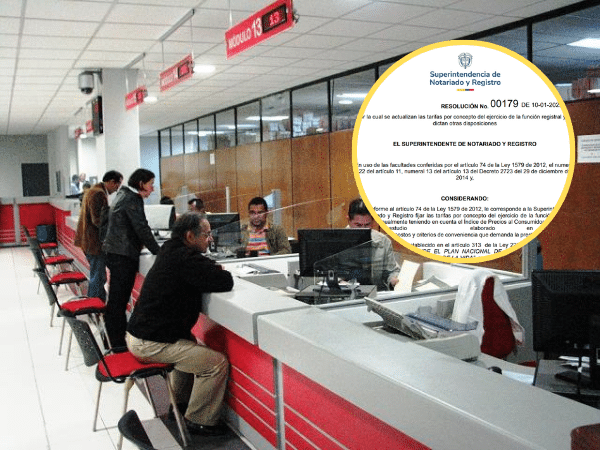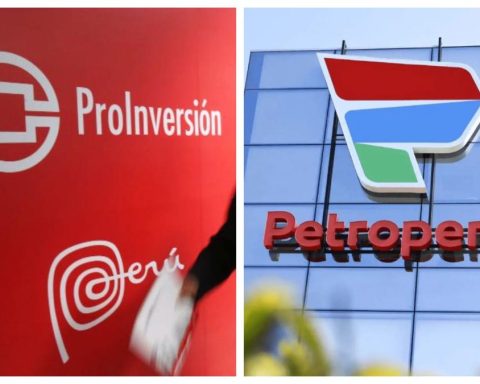With the arrival of summer and the increase in temperatures in Chiliit is common to see people washing their vehicles on public roads. However, this practice, which may seem harmless, could be much more expensive than going to a specialized service, since it constitutes a violation of the Traffic Law.
The regulations, contained in article 160 of Law No. 18,290, expressly prohibit this activity. According to this legislation, public roads must be kept available for their main purpose: facilitating pedestrian traffic and vehicles. Carrying out activities such as washing cars or any non-urgent mechanical work is prohibited and may involve significant penalties.
Fines for washing the car on the street: How much could you pay?
The sanctions for those who fail to comply with this rule are not minor. The fines vary between 0.2 and 5 UTM, which is equivalent to amounts that can exceed $330 thousand. These figures depend on the circumstances and the criteria of the authority at the time of inspection. Additionally, some municipalities have reinforced this provision through local ordinances, which add additional restrictions to preserve the proper use of the streets.
Beyond the economic impact, washing vehicles on public roads also generates environmental problems. This practice can contaminate water due to the use of detergents and chemicals that end up in urban drains. In fact, the authorities have reiterated that opting for specialized car wash centers is not only safer from a legal point of view, but also more environmentally responsible.

On the other hand, the regulations include additional restrictions for the use of streets. Activities such as street trading without a permit, games or sports on the roads, and the placement of advertising that obstructs passage are also regulated, with similar sanctions for violators.
Although washing the car On the street it may seem like a quick and economical solution, the cost of fines and the environmental impact make it an inadvisable practice. Turning to dedicated services is an alternative that not only avoids legal problems, but also contributes to a more orderly and cleaner urban environment.
















